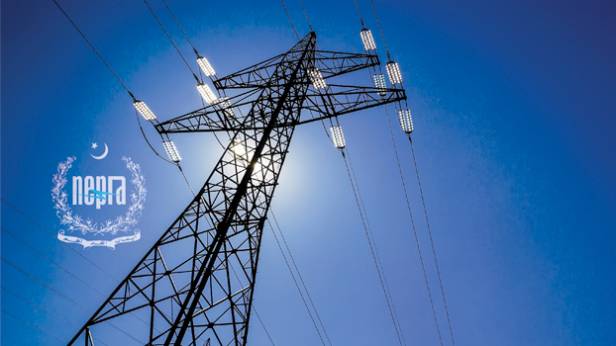KARACHI: Even as Pakistan prepares to have surplus power in the coming few years, the prices of electricity will also rise correspondingly, said electricity experts.
According to these pundits, major rise in the number of independent power producers (IPPs) would contribute to increased electricity rates as National Electric Power Regulatory Authority (Nepra) is raising tariffs and covering up inefficiencies of power sector, reported Daily Times.
As per sector expert, Anwar Kamal the rates for power plants should be set on “Take and Pay” basis with no onus on power purchaser for supply of fuel. He added the government should maximize electricity generation from existing power plants, instead of setting up new ones which were costlier and whose terms and conditions are being imposed by the investor.
He predicted that situation in power sector could exacerbate in the next few years due to surplus capacity. The regulator was requested to calculate the financial loss being incurred by the power sector and power consumers and keep on suffering over the course of next twenty-five years due to procurement of electricity from expensive power plants.
More than 11,000 MW of generation capacity is expected to be added to the national grid by end of 2017. Kamal directed Nepra’s focus towards its policy of development of Electricity Market by 2017.
The regulator supports direct purchase of electricity according to its power regulation act 2015. This means many industrial estates in Khyber-Pakhtunkhwa and Punjab have notified “Expression of Interest” for procurement of power from IPPs.
If this plan goes ahead, this would hurt the Central Power Purchasing Agency (CPPA) as its demand may fall and how would it payback the IPPs with whom it has long-term agreements on a “Take or pay” basis for a period of 25-30 years, said Kamal.




